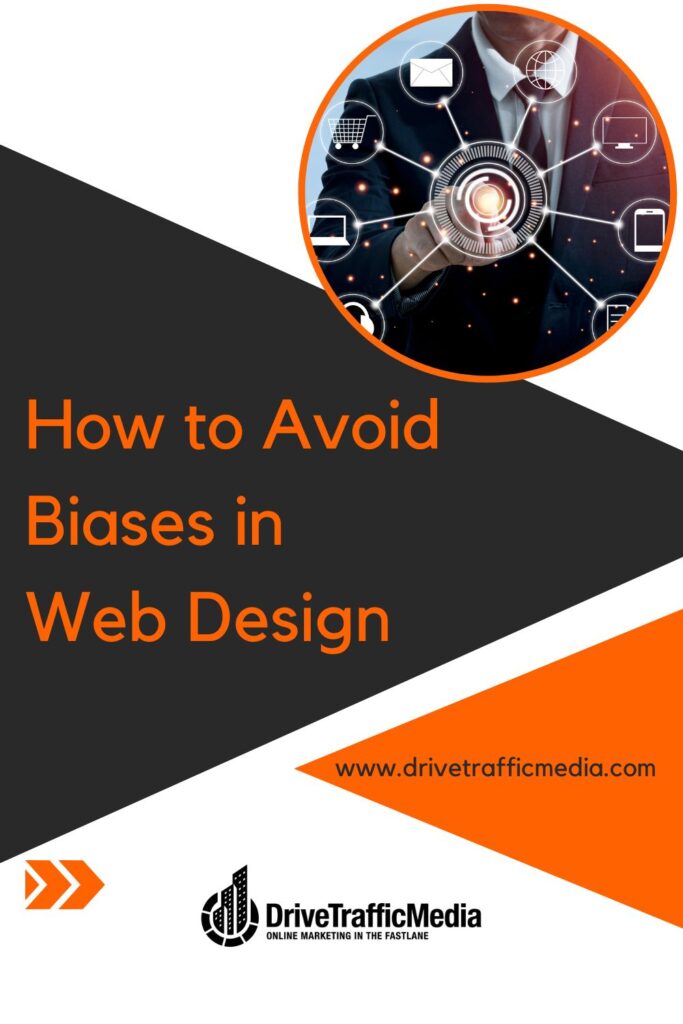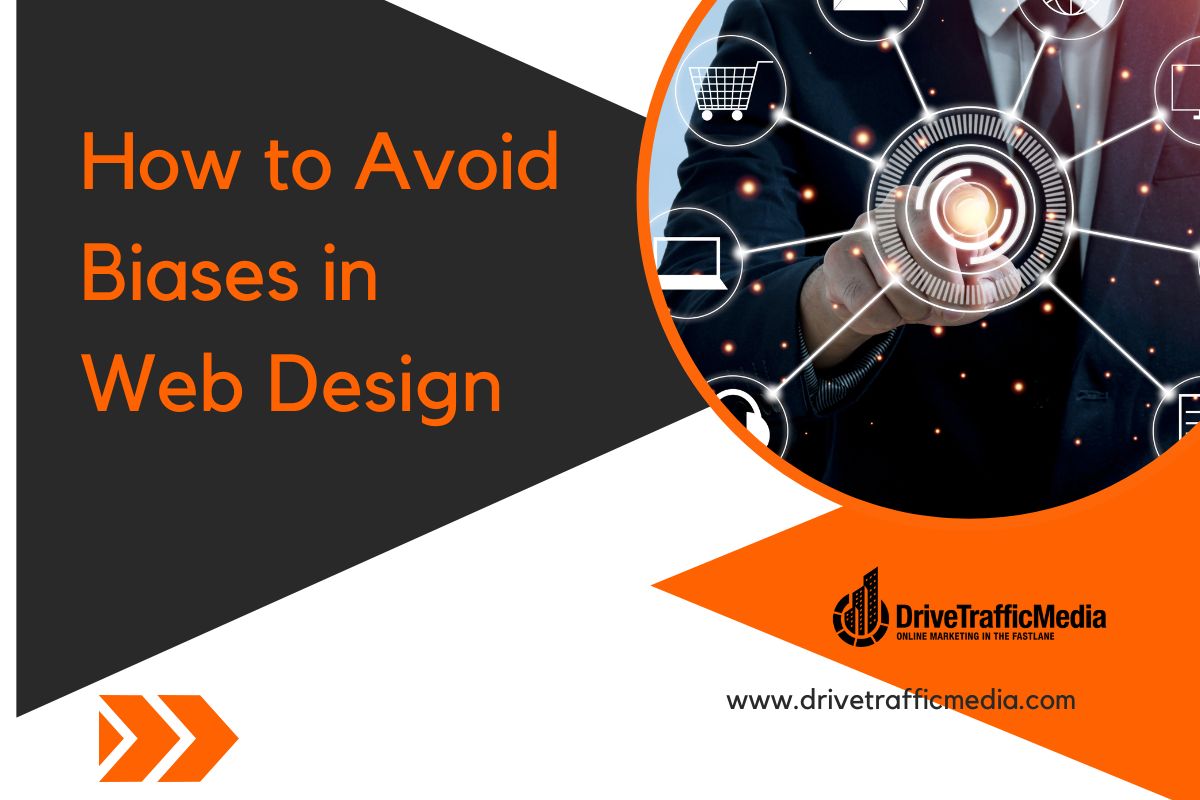Biases are unconscious thoughts and processes we have about certain things. It shapes how we view people, make decisions, and do things. It narrows our field of vision and makes us more close-minded—this, in turn, might make us more exclusive towards certain people, even if that wasn’t our intention. And for web design in Irvine getting over biases is crucial!
You always want to maintain a great user experience in your digital marketing strategy. We’re not the only ones in charge of our business—our customers also hold as much control over it. So, you must care of your customers by continuously listening to them and anticipating their needs and desires. Below is a list of six biases that may affect our customers’ user experience quality.

Confirmation Bias
We unconsciously gravitate toward data and feedback that confirm our theorized assumptions. For example, if we dislike this particular celebrity, we automatically agree with news articles that show that celebrity in a negative light and disregard articles that praise that same celebrity. This is called confirmation bias.
In marketing, having confirmation bias can be deadly for your business. You need to listen to your customers with an open mind because they drive your sales, and you can’t just cherry-pick customer feedback that you agree with.
Well, you could, but prepare yourself for slowed-down conversions. This is precisely what happened to Netflix—after years of ignoring customer feedback, more and more people are leaving in droves for better streaming platforms.
Optimism Bias
Looking on the bright side is a good idea most of the time, but you also need to stay grounded sometimes too. We can’t ignore our actions’ negative repercussions and potential risks simply because we don’t want to think of the bad stuff. You must remember that doing nothing can be just as bad as doing something terrible for our customers!
For example, once you’ve completed your Irvine website design, you might think everything’s fine and dandy. You part ways with your website designer, not thinking you’ll need a risk management system, and go on about your day. But what happens if Google suddenly changes its ranking system and your website short-falls off the charts? What happens if a massive security breach occurs and your website falls victim to cyberattacks? Be optimistic but still be realistic.
Omission Bias
Omission bias occurs when we believe not doing something is far better than doing something that could potentially hurt us. We become stagnant, not daring to do anything differently because we fear it could backfire on us. And while that certainly is safe, you won’t experience much growth and innovation if you continue staying on the safe side.
For example, a few months ago, you hired a website design company in Irvine to create a website for you. While everything looked great initially, halfway through, you realize your expectations aren’t being met. You don’t like how it’s looking so far, but you’re too scared to say anything or back out of the contract either because you’re worried your feedback would make things worse or you don’t want to deal with refunds or negotiations. Ultimately, you end up with a website you’re not entirely happy with.
At least you saved some money, right?
False Consensus Bias
False consensus bias happens when we think what’s normal for us is typical for other people. Here, we believe that our opinions, mindsets, and needs also account for the majority’s views, attitudes, and needs. As you can imagine, this is often a gross exaggeration.
Having a false consensus bias can be very dangerous for your business! Going back to accessible web design in Irvine, some business owners might choose not to make their website accessible simply because they believe other business owners aren’t making theirs accessible. If others aren’t doing it, then why should I? This, of course, is a pretty significant underestimation, which can eventually lead to disgruntled customers and slower sales.
Perceptual Bias
Perceptual bias is also known as stereotyping, and it is when we think we know everything about a person based on physical attributes. In a world where misogyny, racism, ableism, classism, and other forms of oppression are increasingly frowned upon, perceptual bias can be deadly for your business. You need to look at your customers for who they are and not what group they’re a part of!
An example of awful perceptual bias in play was a sexist advert released by Gap in 2016. Here, a little boy is seen wearing an Albert Einstein shirt, while a girl is seen wearing a Social Butterfly shirt. Both the text and the imagery suggest that only boys can become scholars and only girls can be friendly and fashionable. Nowadays, there is no room for gender stereotypes anymore—let people, especially kids, be whoever they want to be!
Status Quo Bias
The status quo bias is like a cross between optimism and omission biases. It’s when we’re so comfortable where we are that we never bother looking for ways to improve anymore. Why try and do something different when what we have right now works well for us?
Doing something we’re comfortable with and refusing to accommodate new ideas allows for missed opportunities. For example, many makeup companies have never considered making makeup for dark-skinned people, and they thought they could keep selling makeup meant for lighter-skinned people and let the others adjust to it.
When Rihanna launched her iconic Fenty Beauty collection, she released a foundation for people of all skin colors. Unsurprisingly, the brand was an immediate success, particularly among people of color. She targeted an audience that has long since been shifted to the side and benefited massively.
It’s not enough to slap on a beautiful web design in Irvine for your business. As the famous saying goes, “Actions speak louder than words.” You’ll find that many of our actions still hold many biases that can hinder the growth of businesses. It would be best to think about the words you speak, the messages you convey, the images you use, the design techniques you employ, and so much more. In short, you need to be mindful!
